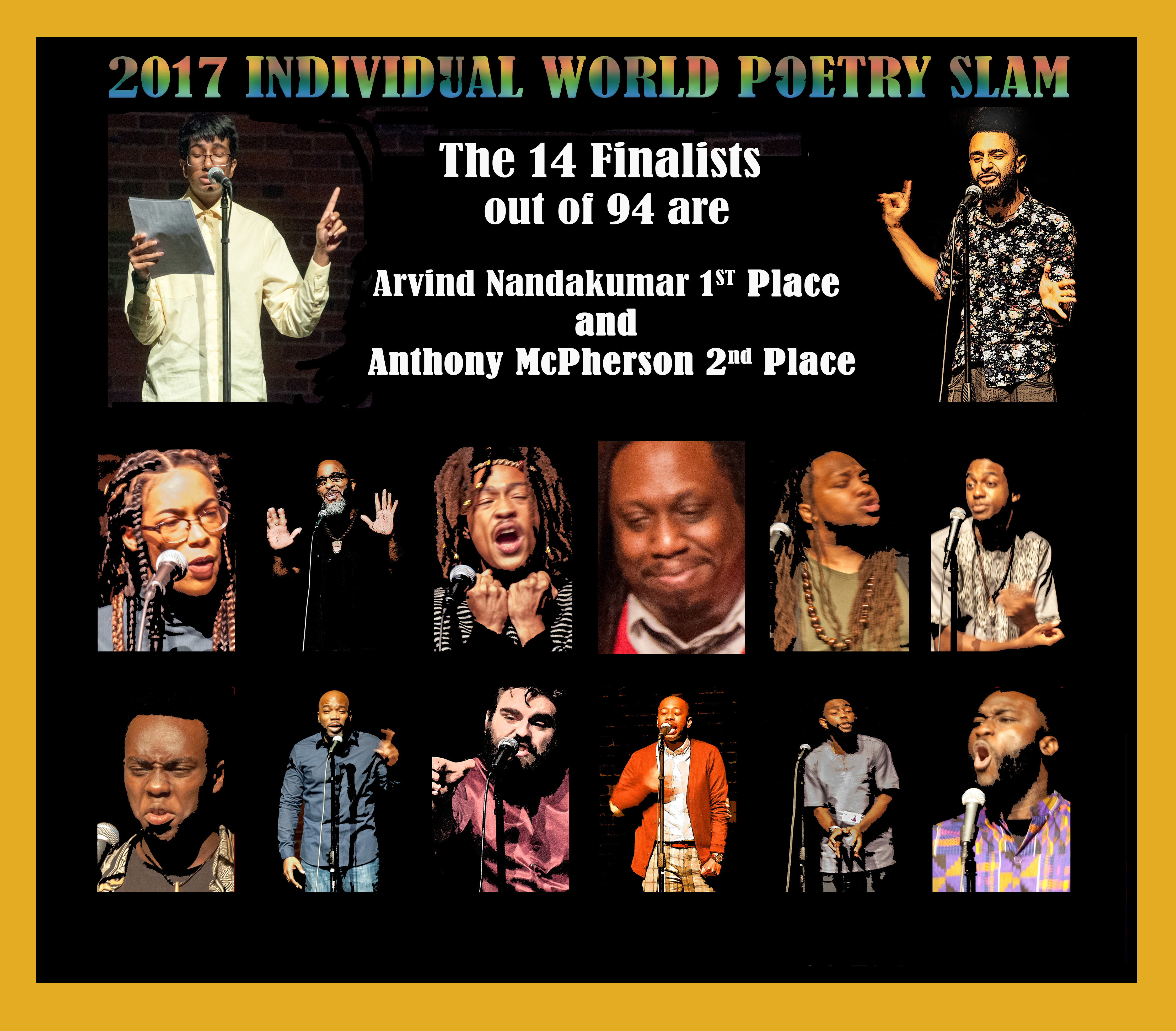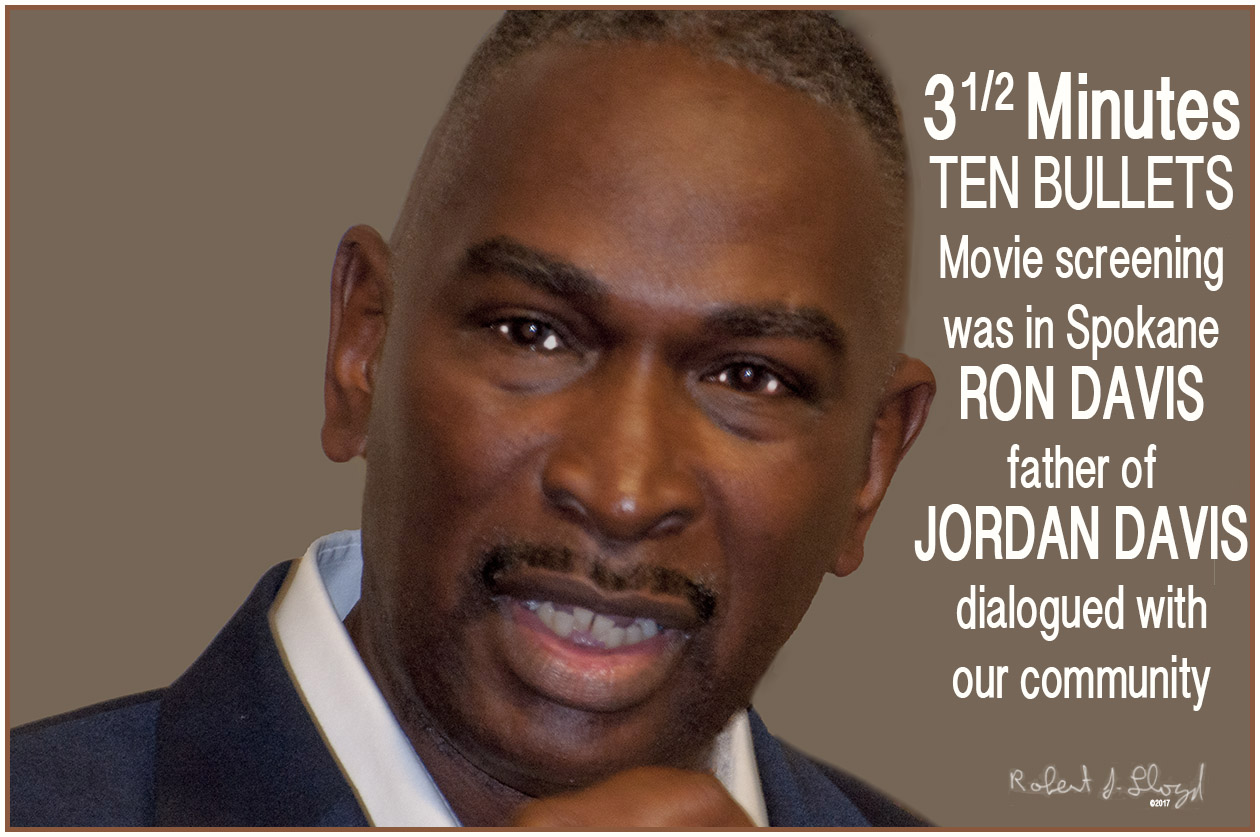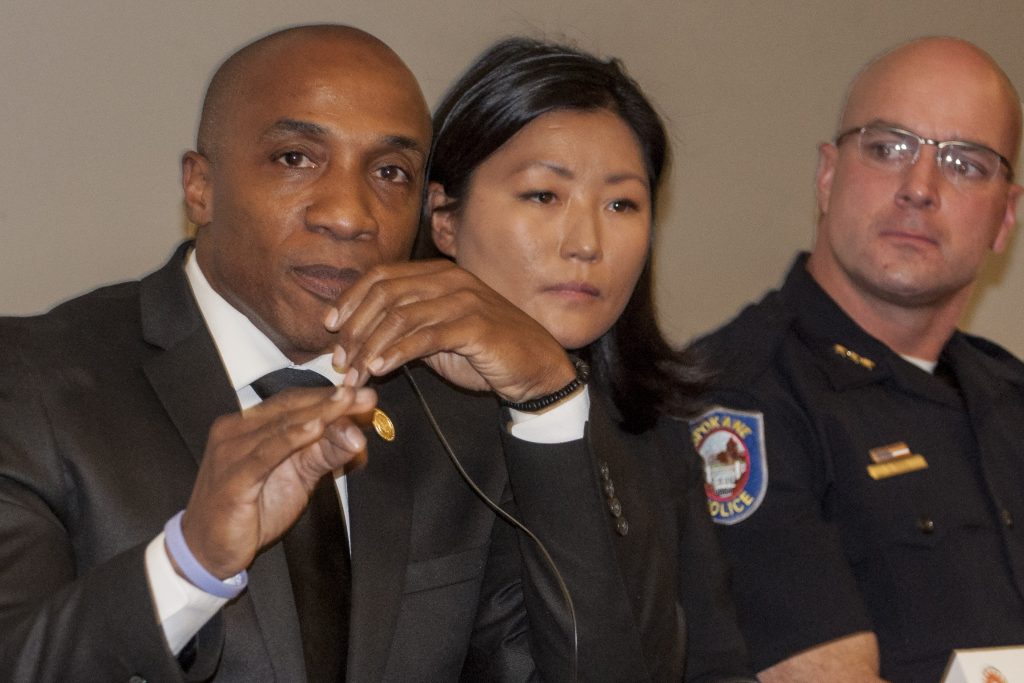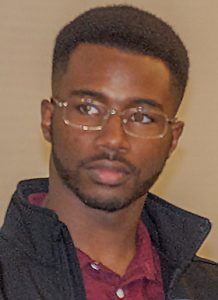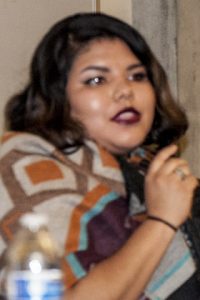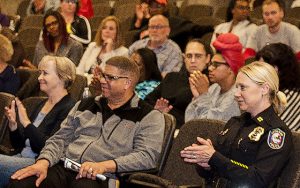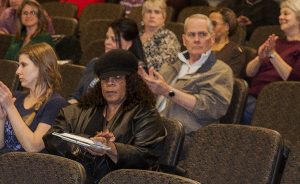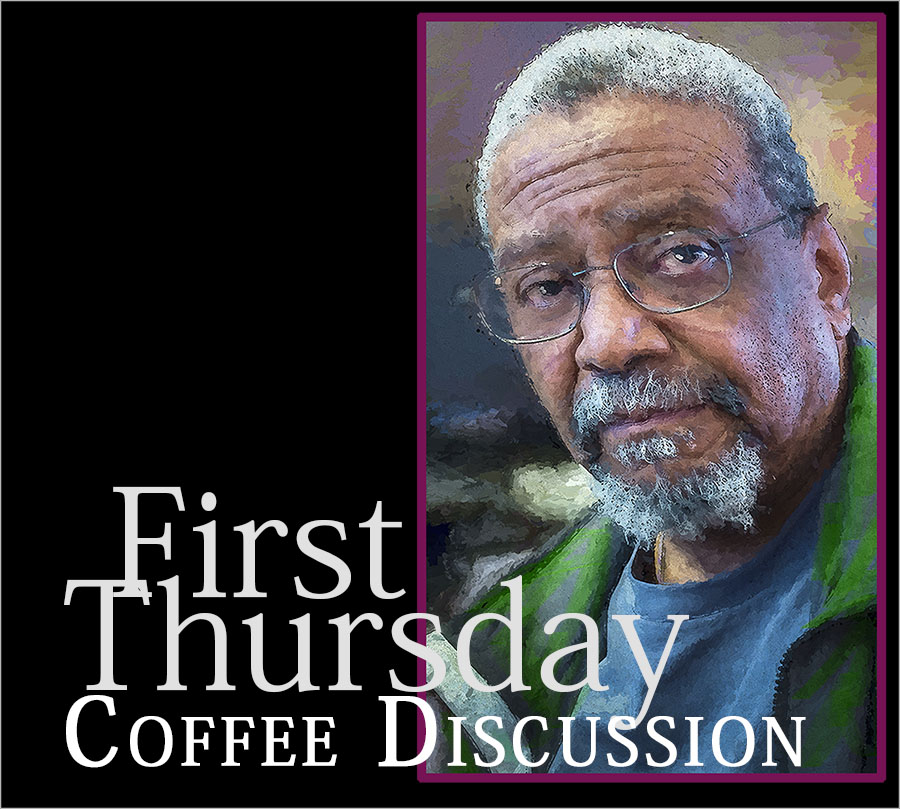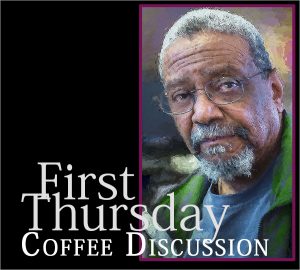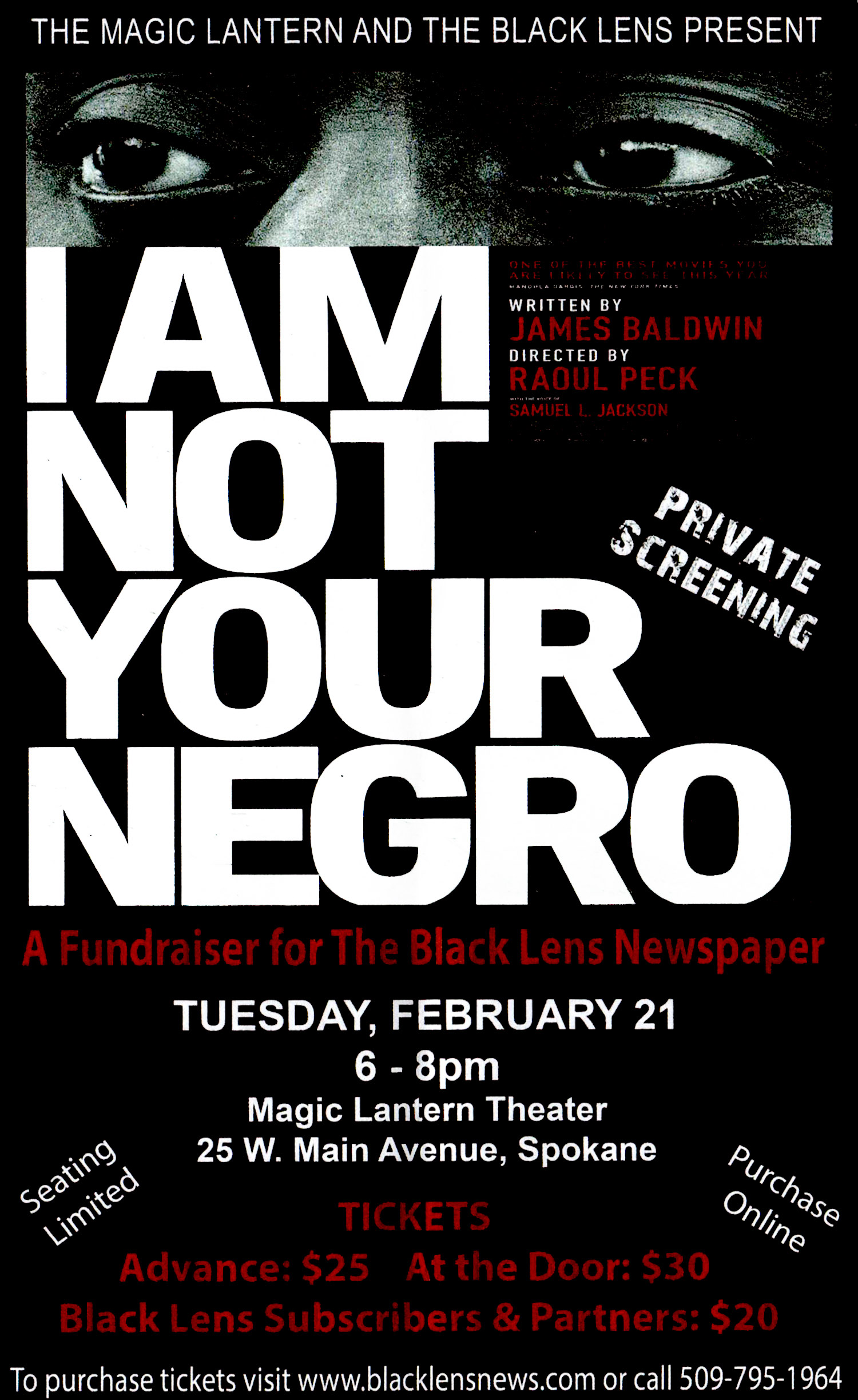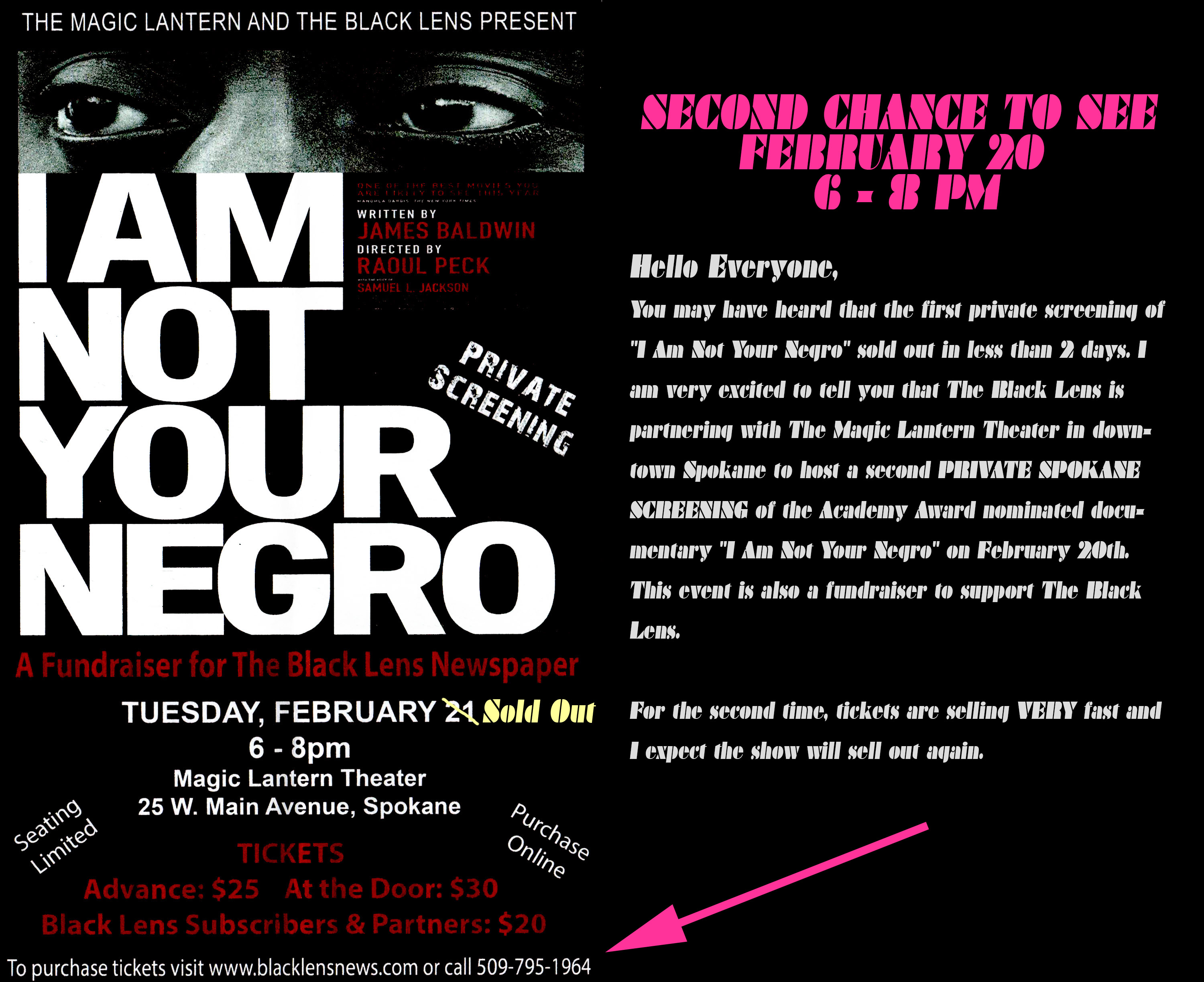Over the last hundred years, music has played a pivotal role in inspiring and motivating social change. From labor movements to civil rights, anti-war protests to environmental activism, songs have served as powerful tools for communication, mobilization, and solidarity. Let’s explore some of the most influential songs and artists that have shaped social movements across different eras.
1920s-1950s: Labor Movements and Early Civil Rights
During this period, protest music primarily focused on labor rights and the emerging civil rights movement.
- “Which Side Are You On” by Florence Reece (1931)
This song emerged during the Harlan County War, a series of coal miner strikes in Kentucky. Written by Florence Reece, the wife of a union organizer, it became an anthem for the labor movement and was widely covered by artists like Pete Seeger [1]. - “Strange Fruit” by Billie Holiday (1939)
Originally a poem by Abel Meeropol, this haunting song protested the lynching of African Americans and became a powerful anthem for the civil rights movement. Its impact was significant in raising awareness about racial violence and injustice in America [2]. Billie Holiday’s emotional delivery made it one of the most significant protest songs of the era [3]. - “Ol’ Man River” by Paul Robeson (1927)
Originally written for the Broadway musical “Show Boat,” this song was transformed by Paul Robeson into a powerful statement on racial injustice. Robeson altered the lyrics to reflect the struggles of black Americans, making it a civil rights anthem [4].
1960s-1970s: Counterculture and Civil Rights Movements
The 1960s and 1970s saw an explosion of protest music, addressing issues from civil rights to the Vietnam War.
- “Blowin’ in the Wind” by Bob Dylan (1962)
This song became synonymous with the civil rights movement, asking poignant questions about peace and freedom. It was adopted by various social movements, highlighting its versatility and enduring appeal [5]. - “We Shall Overcome”
This song became the unofficial anthem of the civil rights movement. It was sung at protests and rallies, providing hope and unity among activists. Martin Luther King Jr. noted its power in inspiring courage and a sense of community [6]. - “What’s Going On” by Marvin Gaye (1971)
This song addressed issues of war, poverty, and racial injustice, becoming a timeless call for social change and reflection [7]. - “Respect” by Aretha Franklin (1967)
Originally written by Otis Redding, Franklin’s version became a powerful anthem for both the feminist and civil rights movements, demanding respect and equality. - “Fortunate Son” by Creedence Clearwater Revival (1969)
This song became an anthem of the anti-Vietnam War movement, critiquing the disparity between those who were drafted and those who were not.

The 1960s was a fertile era for the genre, especially with the rise of the Civil Rights Movement, the ascendency of counterculture groups such as “hippies” and the New Left, and the escalation of the …
1980s-2000s: Anti-Apartheid and Social Justice Movements
This era saw a focus on global issues, particularly the anti-apartheid movement in South Africa.
- “Free Nelson Mandela” by The Special A.K.A. (1984)
This song became an anthem for the anti-apartheid movement, calling for the release of Nelson Mandela and drawing global attention to the injustices of apartheid in South Africa [8]. - “Biko” by Peter Gabriel (1980)
This song is a tribute to Steve Biko, an anti-apartheid activist who died in police custody. Gabriel’s song brought international attention to the apartheid regime’s brutality and became a rallying cry for the movement. - “Sun City” by Artists United Against Apartheid (1985)
This collaborative protest song, featuring artists like Bruce Springsteen and Bono, was part of a campaign against apartheid in South Africa. It raised awareness and funds, contributing to the global anti-apartheid movement. - “Beds Are Burning” by Midnight Oil (1987)
This song by the Australian band Midnight Oil highlighted the need for land rights and justice for Indigenous Australians. It became a powerful anthem for environmental and social justice, calling for action to return land to its rightful owners [9].
2000s-2020s: Contemporary Social Activism
In recent years, protest music has addressed issues such as racial justice, climate change, and other social movements.
- “Alright” by Kendrick Lamar (2015)
Adopted by the Black Lives Matter movement, this song became an anthem of hope and resilience in the face of racial injustice. Its impact is seen in its widespread use during protests and demonstrations. - “This Is America” by Childish Gambino (2018)
The song and its accompanying video critique gun violence and racism in America. It became a cultural phenomenon, sparking discussions about the contradictions of Black life in the U.S. [10]. - “The Bigger Picture” by Lil Baby (2020)
Released shortly after the killing of George Floyd, this song became an anthem for the Black Lives Matter movement. Lil Baby’s lyrics address systemic racism and police brutality, resonating with the widespread protests that followed Floyd’s death [11]. - “The 1975” by The 1975 featuring Greta Thunberg (2020)
This track features a spoken word piece by climate activist Greta Thunberg, calling for immediate action against climate change and critiquing the status quo [12].
Throughout the last hundred years, these songs and artists have not only reflected the social and political climate of their times but have also inspired and motivated change. They have provided a voice for the marginalized, united diverse groups under common causes, and continue to resonate with new generations, demonstrating the enduring power of music as a tool for social change.






